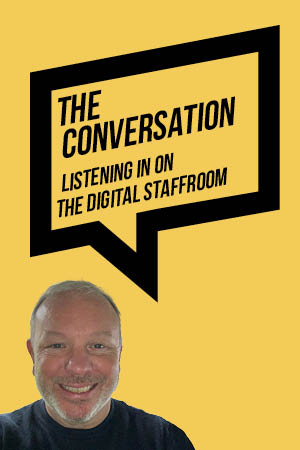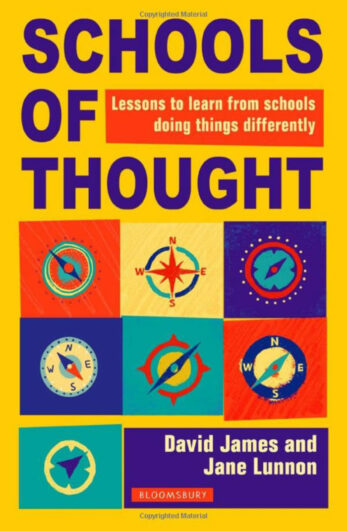Do you think teachers are lazy bums? That most teachers secure permanent positions and then swan about ineffectively until they retire? That far too many are so bad at their jobs that the children they teach fail to learn? That lazy bums can and should be identified by testing children’s progress relentlessly as they progress through their education?
If so, you’ve fallen for one of the classic mistaken hypotheses of the Accountability Era, skewered by US teacher Eric Kalenze in this barnstorming polemic. Education Is Upside-Down is a call to arms for those working in education to re-evaluate what many hold dear and to reconsider much of the current thinking that is driving education in the US, and, with dull inevitability, here.
For those in the UK, the insight into the education landscape in the States is fascinating, and Kalenze’s metaphors — which include a funnel, a swimming pool and a marathon — bring simple clarity to his thoughts and ideas. The book’s core thesis is that education is an upside-down funnel through which children are required to travel. Those close to the mainstream make it into and through the funnel with ease, but too often those further toward the margins of society struggle, finding themselves effectively excluded from mainstream society when they emerge from full-time education.
Kalenze analyses the reform agenda that has swept American education in what he terms the “Accountability Era”, ushered in by George W Bush’s No Child Left Behind Act (NCLB) in 2001. Under its own terms, NCLB — Race To The Top under the Obama administration and aimed to ensure that all children reach age-related standards by 2014 — has failed comprehensively. The policy is in its death-throws as politicians realise that education might be a little more complicated than the Accountability Era reformers suggested it might be.
Some children — those falling down the outside of the funnel, as Kalenze’s memorable image has it — still struggle to make good progress in school. Others still find education plain sailing, as they slide easily from kindergarten to university.
Kalenze’s descriptions of the ramifications of misguided ideas, such as the lazy bum hypothesis, will strike a chord with teachers worn down by the ever-increasing workload that is driving them out of the profession in record numbers here. Those who find themselves being judged by the efforts of the children they teach will recognise the all-too-common view that teachers and schools can and should be held primarily responsible for the academic achievement of their pupils.
At heart, the book is built upon a trenchant critique of the progressive tradition in US education. Kalenze writes much that will challenge those who have been trained to view the purpose of schools to provide “the whole development of each individual child”. As a teacher of those about to become adult members of US society, Kalenze found himself disagreeing strongly with this aim. He argues that America should prepare its young citizens for meaningful participation in mainstream institutions, and that those who start life away from the mainstream continually fail to be brought into the educational funnel provided by school.
With nods to Daniel Willingham and E.D. Hirsch, Kalenze could be seen as an American counterpart to British writers such as Daisy Christodoulou and Robert Peal, who reference similar sources in their criticisms of progressive “child-centred” schooling. Kalenze offers a different voice, recognising the ways in which school reform has made the difficult task of preparing children for life even harder as curricula have narrowed and schools, particularly those working with the disadvantaged, have faced relentless upheaval as structural change and top-down policies have impacted on everything they do.
This excellent book deserves a wide readership here. Kalenze’s enthusiasm for teaching, and his desire to see all children succeed in school, is infectious. Education Is Upside-Down should be required reading for anyone who has ever thought teachers were lazy bums, and is intrigued by the idea that it’s possible to train for a marathon with only a swimming pool at your disposal.







Your thoughts